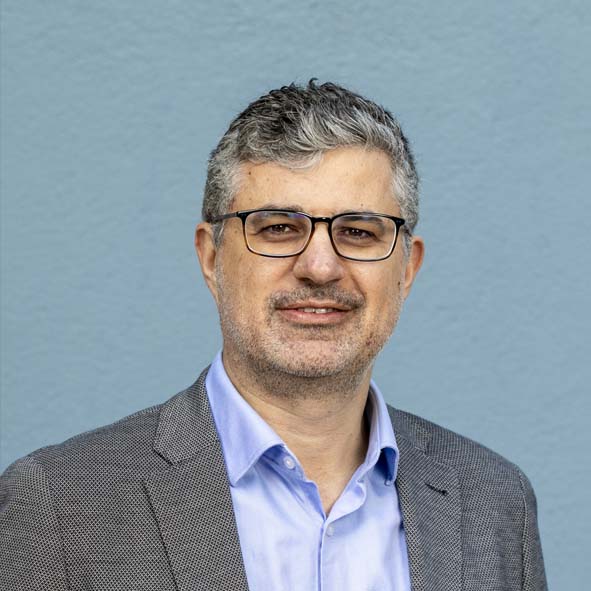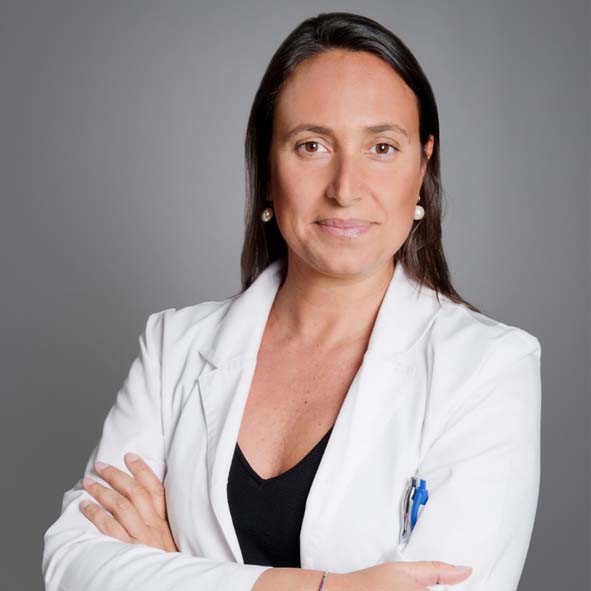Simposyum Having children in a pandemic: a multidisciplinary approach
The symposium organised by the Eugin Chair will take place on June 16th. Several speakers will present how pandemics in general, and COVID-19 in particular, have disrupted the social and biological determinants of human reproduction, from various angles and disciplines.
The core mission of the Eugin-UPF Chair is the diffusion of knowledge related to human reproduction, and, in particular, of assisted reproduction. In this framework the Chair organises the one-day symposium “Having children in a pandemic: a multidisciplinary approach”, to be held in person in the PRBB Auditorium, Barcelona, on the 16th of June, 2022.
In it, several speakers will present how pandemics in general, and COVID-19 in particular, have disrupted the social and biological determinants of human reproduction, from various angles and disciplines. Pandemics have ravaged humankind at least since the Neolithic, and, particularly since the Middle Ages, historical research into how fertility patterns were altered has borne fruit. More than two years into the COVID-19 pandemic, and beyond the foolish expectations of a baby boom uttered by some, the figures of the drop in fertility are in and can be analysed for their causal mechanisms and we can speculate over their long-term effects.
The effects of SARS-CoV-2 in the physiology of reproduction are often neglected and research results into that area should be better divulged. We can also broaden the focus to the effects on fertility of many infectious diseases, from STDs to Zika or rubella. Finally, the effects of the covid-19 pandemic have been acutely felt in mental health and well-being, particularly in young people, and the implications for reproduction will also be explored.
The event is free but registration is needed before June 13th.
Speakers
A native of Los Angeles CA, Professor Reher teaches at the School of Political Science and Sociology of the Universidad Complutense de Madrid. He is Director of the Research Unit on Population Studies (GEPS) and the Director of the Center for the Study of Aging. He has an AB degree from the University of Santa Clara (California) [1972], an MA from Cal State University, Northridge [1973], a Licenciatura from the Universidad Complutense de Madrid [1978], and a PhD from the Univesidad Complutense de Madrid [1983]. All of these degrees are in History.
He was founder and President of the Asociación de Demografía Histórica (ADEH) and Chair of the Historical Demography Committee of the IUSSP. He was the main promotor of the National Immigrant Survey of Spain (NIS-2007). He is also the founder of the Center for the Study of Aging. Throughout his career, he has been a visiting professor at the University of California at Berkeley [USA], the University of Umeå [Sweden], the European University Institute [Florence Italy], the Universidad Nacional de Córdoba [Argentina] and the Universidade de São Paulo [Brasil].
He has authored many publications in the highest-ranking journals of his field on subjects such as historical demography, economic history, social history, population sociology, historical and contemporary migrations, family history and family sociology, reproductive health and the demography of aging. He is author of books published by Oxford University Press, Cambridge University Press, University of Nebraska Press, Alianza Editorial and Marcial Pons Editores. Recently his book on the Conquest of Health (La conquista de la salud) (Pérez Moreda, Reher y Sanz Gimeno) published by Marcial Pons Editores received the Jaume Vicens Vives Prize for the best book in economic history published in 2015.
Professor Reher is currently focusing a large part of his researcher efforts around the field of aging in contemporary societies, as well as on comparative research on the demographic transition, the baby boom and baby bust in the contemporary world and on a comparative approach to the study of family systems throughout the world.

Jacques Emina Be-Ofuriyua, Msc., Ph.D (Department of Population and Development Studies University of Kinshasa, RDC) is Professor at the University of Kinshasa in the Democratic Republic of Congo (DRC) and head of the Department of Population and Development Studies. He is also the Managing Director of Population and Health Research Institute (PHERI), a research institution based in Kinshasa, DRC. He completed his PhD in Social Sciences (Demography) from the Catholic University of Louvain (Belgium) in March 2005. Jacques has an extensive experience in Monitoring and Evaluation, population and health policy’s analysis, sexual and reproductive health and the demography of marginalized and vulnerable population. Jacques has worked for several institutions at the national and international level (E.g. African Population and Health Research Center, INDEPTH Network, IBTCI). He is member of the WHO/DESA Technical Advisory Group on COVID-19 Mortality Assessment, Secretary General of the Union for African Population Studies (UAPS), member of the International Union for Scientific Studies of Population (IUSSP) 2025 Committee on Nominations Election, member of Population Association of America and member of the African Academy of Science. He has published several books and peer reviewed papers in international Journals.
He is currently the director of CIRH Center for Infertility and Human Reproduction (CIRH-Eugin Group). He has published several articles and participates in educational activity.
He has been member of the Spanish Fertility Society board between 2018 and 2022.



